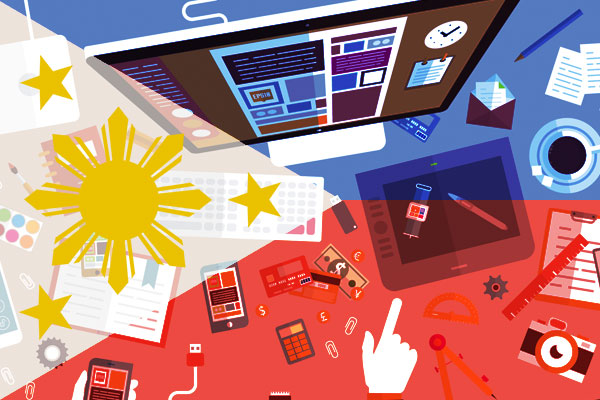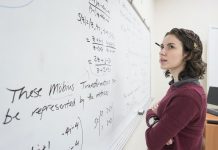The recent Covid and lockdown phase saw a fast growing dependence on digital technologies for education, and it appears that now there are powerful interests which may push for retaining this dependence over a much longer period.Several highly respected educationists have warned against this.A sagevoice to which particular attention should be drawn is that of Satish Kumar, co-founder of Schumacher College and Editor Emeritus of Resurgence and Ecologist. In an earlier phase he was known as a Jain monk who attracted world attention for his peace march and many other efforts to spread the most essential message of peace and non-violence.
In an important article titled Digital Dictators (published in Resurgence and Ecologist, Sept./Oct. 2020), Satish Kumar warns about on-going trends – “In the recent past, New York governor Andrew Cuomo, Bill Gates of Microsoft, and former Google CEO Eric Schmidt have been promoting the idea of transforming face-to-face learning into a system of education rooted in internet technology and operated by remote control, thereby integrating digital technology, fully and permanently, into the educational process, and by doing so getting away from the need for personal relationships and intimate interactions between students and teachers. Cuomo, Gates and Schmidt come from a school of thought that subscribes to the theory, Technology is the solution; what is your problem? Unfortunately, these highly ‘educated’ people do not seem to know the meaning of ‘education’.”
Pointing out the essence of (good) education he says,” The beautiful idea of education is to maintain human diversity, cultural diversity and diversity of talents though decentralized, democratic, human-scale and personalized systems of schooling. A good school is a community of learners where education is not predetermined by remote authorities, but rather a journey of exploration where students, teachers and parents are working together to discover the right ways to relate to the world and to find meaningful ways of living in the world.”
This purpose of education cannot be achieved by digital education. Satish Kumar writes, “The idea of digital learning through remote control and predetermined curriculums moves away from the rich and holistic philosophy of education. Digital teaching looks at children as if they were empty vessels in need of being filled with external information. The quality of information or knowledge given to a child remotely and digitally is determined centrally by people who have a vested interest in a particular outcome. And that outcome is largely to turn humans into instruments to run the money machine and increase the profitability of big corporations. Such centralized and impersonalized systems of digital education will destroy and impose uniformity, destroy community culture and impose corporate culture, destroy multiple cultures and impose monoculture…The information taught digitally is almost entirely of an intellectual nature. Thus digitally educated children are less than half educated.”
Instead Satish Kumar emphasizes the crucial role of human inter-action. He asserts, “ A computer cannot teach kindness. Only in a real learning community can children learn how to be kind, how to be compassionate and how to be respectful. In a school community, children learn together, play together, eat together and laugh together. They produce plays and perform concerts together. They go on field trips together. It is through these shared human activities that children gain a deep appreciation of life. Education is more than the acquisition of information and facts; education is a living experience. Sitting in front of a computer for hours is no way to learn social skills.”
Satish Kumar stays strongly,“We need the greening of education rather than the screening of education. Our children need to learn not only about Nature, but also from Nature. They need to learn from forests and farming, from permaculture and agriculture, from agro-ecology and organic gardening, from marine life and wild-life. Such knowledge and skills cannot be learnt by looking at computer screens…A computer is a box. it teaches you to think within the box. If you want to think outside of the box, you need to go out into your community, and out into the natural world. Children need to go into Nature with experienced teachers. Nature herself is the best and the greatest teacher. With the combination of human teacher and Nature teacher, assisted by a limited amount of internet, children will gain a much more rounded education than through the digitally controlled and centralized system proposed by the techno-giants.”
This understanding of education leads Satish Kumar to warn, “Placing the future of our children in the hands of a few digital giants like Google, Microsoft and Amazon that had been put in charge of educational systems would be a recipe for digital dictatorship and would open the door to disaster. If democratic societies are opposed to military dictatorship, why should they embrace corporate dictatorship?”
Technology has its role, but this role should not be overplayed. Satish Kumar concludes – “Technology has a place in education, but let us keep it in its place and not allow it to dominate our lives and the lives of our children. Technology is a good servant, but a bad master.”














